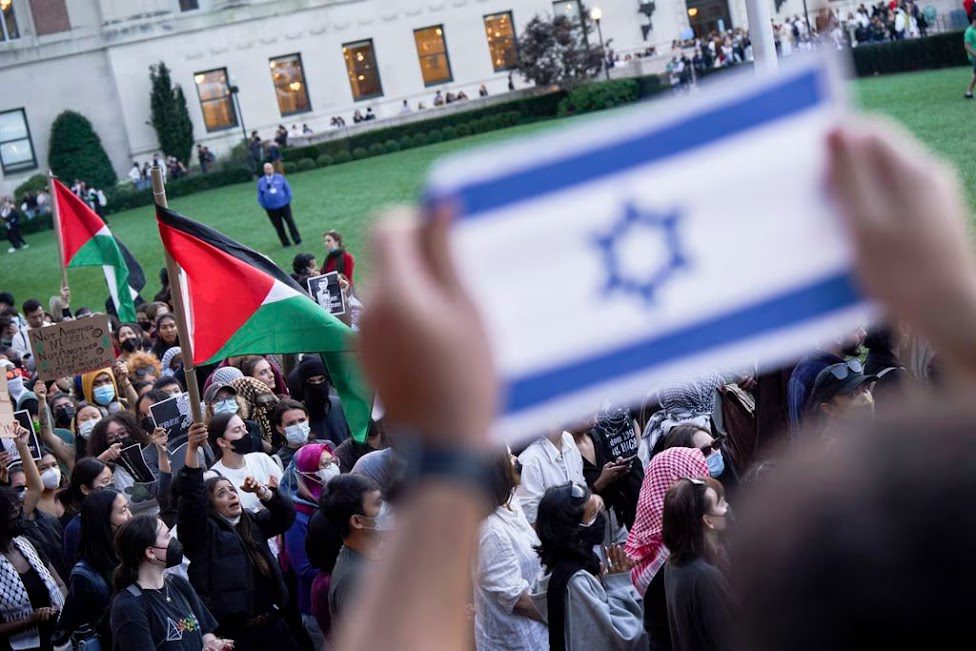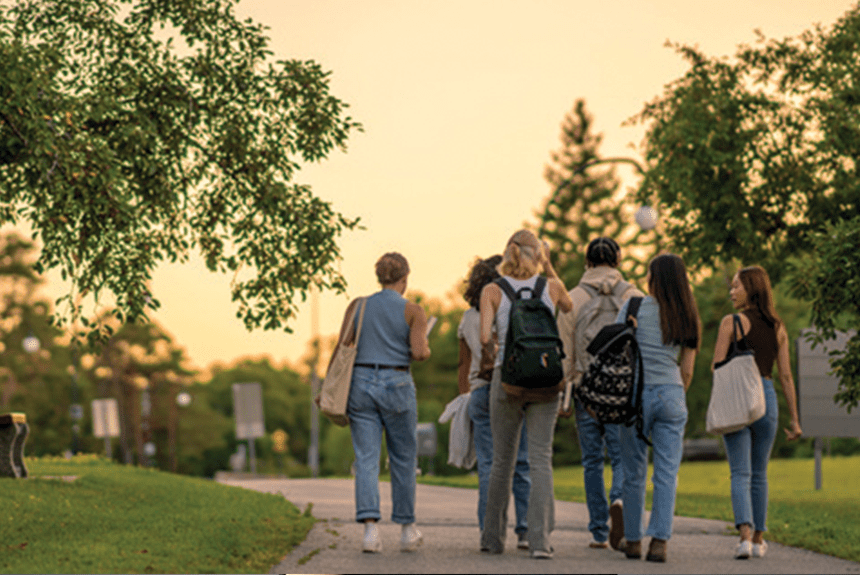By Rich Tenorio
When Nim Ravid, a junior at Harvard University, learned about the Oct. 7 Hamas terror attacks on Israel, the tragedy was personal for him. A veteran of the Israel Defense Forces who served as an officer in the spokesperson’s unit, Ravid lost seven friends and colleagues in the attacks, including at the Supernova Rave concert.
As Ravid was processing his grief, he learned that over 30 student organizations had signed a statement blaming Israel for the attacks.
“The environment on campus did not make it easier,” he said.
Although emotions were raw at school, Ravid decided to try to speak with classmates in some of the organizations and convey his viewpoint.
“I spoke with at least five [organizations] that decided to retract the statement,” he said, adding, “Since day one, I’ve been talking to a lot of students in smaller settings who don’t know that much about what is happening in Israel. A lot of non-Jewish peers don’t have an understanding of the conflict.” After speaking with them, he said, “they have much more understanding and empathy” in the wake of the “horrible terrorist attack.”
Ravid is part of an alliance of Jewish student leaders on campus who represent both the college and its graduate schools. Outreach to the wider student community is one of several ways he is trying to spread awareness and de-escalate tensions since the attacks. These range from helping to organize vigils; assisting with an Instagram account, “Survived to Tell,” which posts videos of individuals it identifies as hostages and survivors of the attacks; and serving as a member of a recently-formed university-wide task force on antisemitism.
An inclusive approach
In these endeavors, Ravid seeks an inclusive approach.
For example, with Survived to Tell, “some of our non-Jewish friends all around the world edit videos,” he said. “You don’t necessarily have to be Jewish or Israeli to help out.”
The account received 10 million views in its first week. It has over 10,000 followers.
“So many amazing people want to help,” Ravid said. “We find ways that people can help. One thing is to support some of our initiatives,” including Survived to Tell, which gives “access to personal stories, from Israel all the way [to] here.”
Although he’s encouraged by endeavors such as the Instagram page and the vigils, he’s also concerned by what he describes as vitriol both online and in demonstrations on campus.
“Not everything is visible from above,” Ravid said. “A lot of things happen on social media, including Sidechat, where Harvard students can post in an anonymous app. There’s been some horrible, horrible antisemitism and hate speech going on in that app.”
And, he said, “certainly social media does not happen in a vacuum … It’s fairly difficult, very difficult for Jewish students, Israeli students in particular. It’s not a comfortable or safe time to be around a university campus.”
“The right thing is to de-escalate,” Ravid said. “It’s how we can live together.” He noted that “Jewish students have been impacted, and also Muslim students. I try to steadily encourage de-escalation [and] find spaces where we can hear each other.”
Rich Tenorio covers antisemitism news for JewishBoston.com. His work has appeared in international, national, regional and local media outlets. He is a graduate of Harvard College and the Columbia University Graduate School of Journalism. He is also a cartoonist. Email him at richt@cjp.org.




